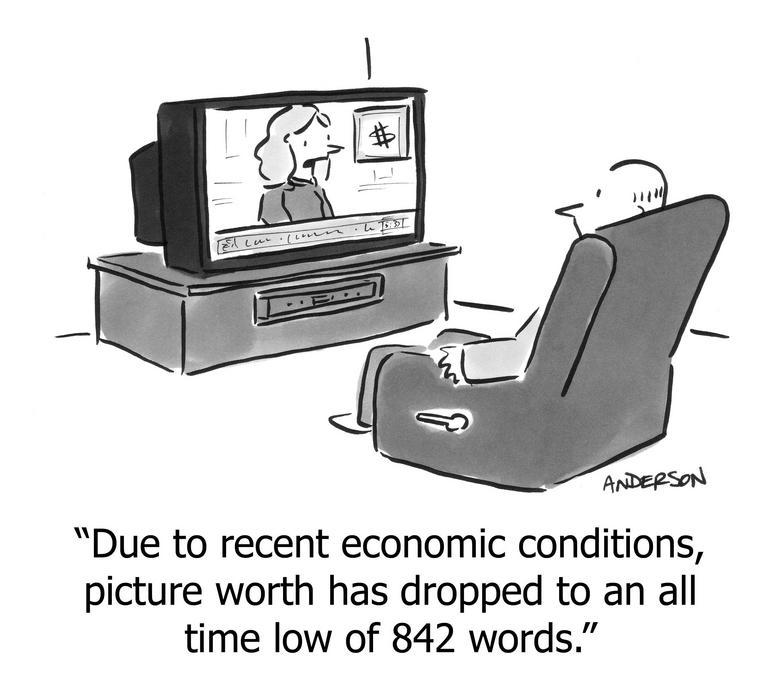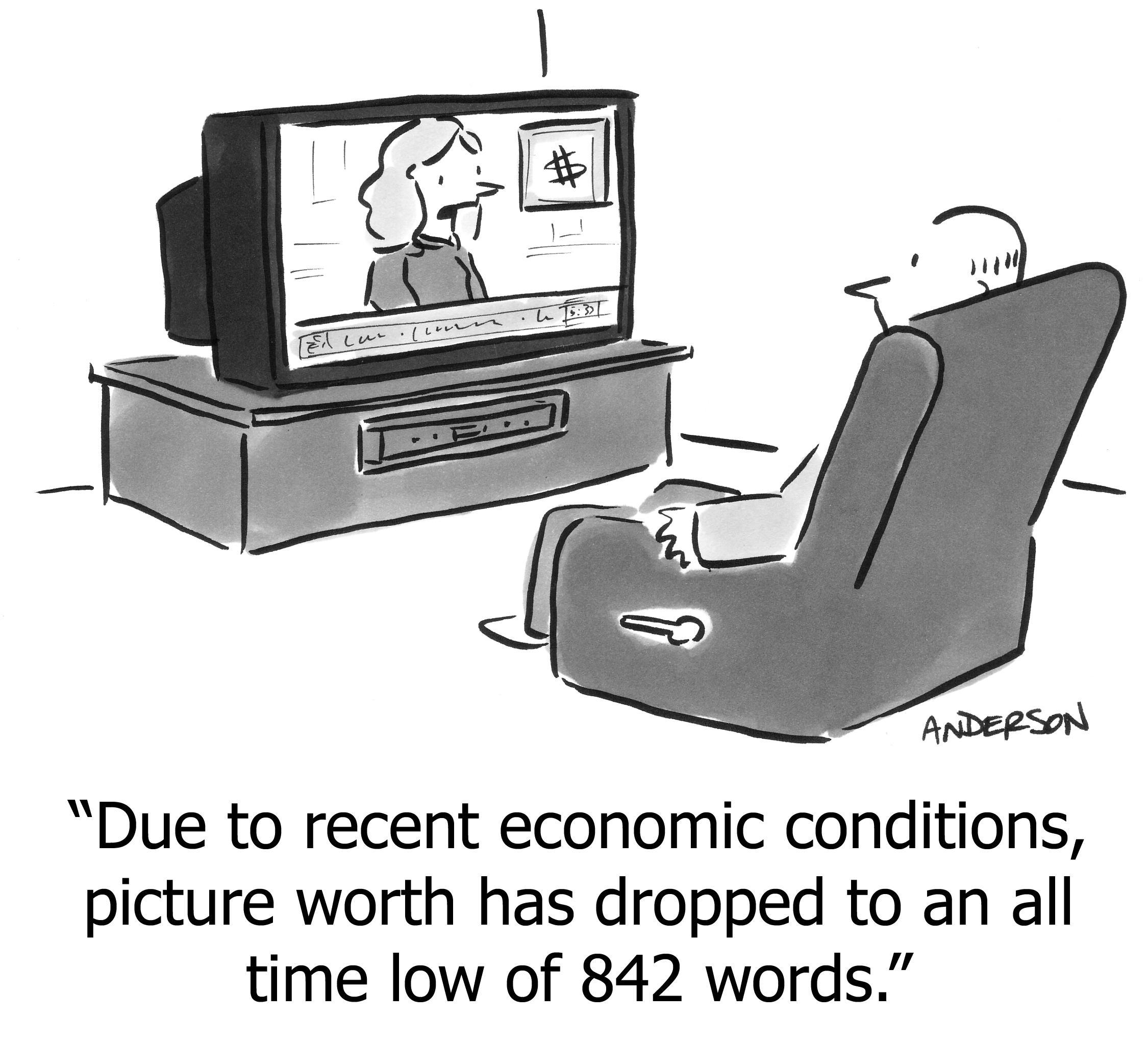What is the value of one hour of a startup founder’s time?
Almost no startup founder values her time properly.
Consultants know exactly what their time is worth: their hourly rate. As they say, it’s how much “the market will bear.” (Or “how much the consultant dares to charge.”) When a consultant intentionally doesn’t work for an hour—whether to be with family or to work on a new startup or to take a nap—they’re giving up an hour of earnings.
If being a consultant is your goal, this is indeed how you should value your time (although beware the traps of that business model). But when you’re in a startup, the math is completely different.
Your time is $1000/hour, and you need to act accordingly.
Here’s why:
Let’s suppose you are a consultant who normally charges $150/hour, and you stumble upon a weird client who asks for the following terms:
“We agree your time is worth $150/hour. However, we can’t pay you for four years, at which time we will pay you in one lump sum.”
How much should you increase your hourly rate to make these terms worthwhile?
It definitely must be increased, not just because of the 4% interest you could be making, but because you can’t live off money you don’t have, which means you’ll need other work too. You must demand a hefty premium to make this inconvenience worthwhile.
But real consultants are screaming that none of this is the biggest problem with this proposal. The problem is: What if this client goes out of business in the next four years and doesn’t pay you at all?
Supposing this client is an early-stage startup—even if funded—the most likely result is that they stiff you! Because they’re dead. Let’s suppose for the sake of rhetoric there’s a 25% chance the company will exist in four years and pay their bill.
Like gambling in Vegas, the steeper the odds, the bigger the winnings if you beat the odds. You might think you need to charge $150 ÷ 0.25 = $600 per hour to account for the risk.
But in fact, you need to charge far more! This formula merely brings you back to even! To see why, suppose you divided your time between four companies, all operating on these terms. Chances are all but one would fold, and that one would pay you 4x your hourly rate. But that just brings you back to the same place you’d be if you just charged $150/hour on your standard terms—without the risk, and without waiting four years to get the cash.
So you really need to charge more like $1000/hr in this scenario.
Of course this isn’t hypothetical, this is exactly the terms you’re accepting for yourself when you create a startup. The risk is high, so the potential financial rewards must outweigh the risk, which means you have to value your time at least $1000 per hour, not at your $150/hour consultant rate because of platitudes like “my time is worth what the market will bear.”
What does this mean for your daily life?
- It means you don’t have time for projects that have the potential only for small, incremental results.
- It means a personal assistant is worth the money.
- It means you should delegate far more than you think.
- It means you have to stick to the rules of finding PMF, like talking to customers rather than assuming you know what to build, or working on marketing and sales at least as much as the product.
- It means you spend the money on a bookkeeper and CPA instead of messing with receipts, Quickbooks, and taxes. And on help at home with cleaning and chores.
- It means you should focus on building things that are even more valuable than money, that generate customer Love.
- It means you have to work harder than is healthy.
- It means you should obsess about your productivity.
- It means you have to be smart at prioritization, and ensure you’re doing it.
In short, it means you need to stay in the intersection of your zone of maximum excellence with the zone of what the absolute most important and urgent things the business needs done.
Because at $1000/hr, you can’t afford to do anything else.
https://longform.asmartbear.com/value-time/
© 2007-2026 Jason Cohen
 @asmartbear
@asmartbear ePub (Kindle)
ePub (Kindle)
 Printable PDF
Printable PDF







